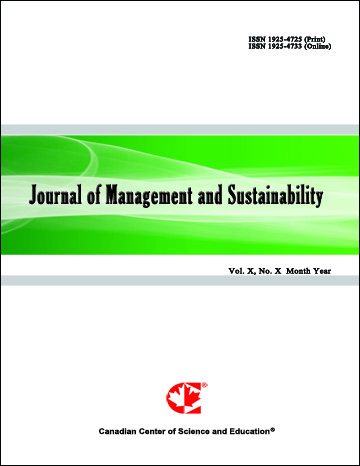Sensemaking Corporate Social Responsibility, Reflexive Organisational Change and Moral Transpose, the Case of Volkswagen ‘Diesel Dupe’ Crisis
- Tan Seng Teck
- Selvamalar Ayadurai
- William Chua
- Tan Peng Liang
- Shahryar Sorooshian
Abstract
The world has witnessed corporate scandals of monstrosity magnitude. The Enron Scandal, the Nike Sweatshop scandal and the recent Johnson and Johnson baby talc in 2018 are some dishonors that reshaped the business world and reinvigorated the importance of business ethics. Indeed, supranational and national movements such as the Global Reporting Initiatives have responded to these scandals by imposing stricter corporate reporting to instill greater transparency and corporate responsibility. Ironically, despite unwavering efforts, corporations are still blatantly flouting regulations. The Volkswagen “diesel dupe” crisis is a stark reminder of the inherent weakness of current regulations. Despite Volkswagen’s staunch adherence to those stringent reporting guidelines, they breached ethics to the core, creating a tsunami of vehicle recalls, massive social, political and legal repercussions. Volkswagen’s cheat device is a ‘creative destruction’ that challenged the fundamental usefulness of corporate reporting. Corporate social responsibility has evolved tremendously, now taking the form of positivistic reporting patterns. Corporations are measured by their ecological, social and economic performance where they flamboyantly table those data and information to garner stakeholders’ support and legitimacy. However, a pragmatic approach towards corporate social responsibility is self-defeating. It erodes and dilutes a corporation’s ability to make sense, communicate and adapt to their externalities. Instead, corporations boast of their corporate prowess and triple bottom line. Using Volkswagen as a subject, this paper exposes the inherent weaknesses of a positivistic corporate reporting approach to social responsibility. A positivistic approach such as this cannot engender a truthful, honest and open posture in business corporations. Instead, this paper exemplifies that a meaningful sensemaking corporate social responsibility instills reflexive organisation change and moral transpose within corporations. This paper underlines this reflexive organisational change and moral transpose in Volkswagen as they encounter the diesel crisis. This study is novel and greatly enhances previous literatures in corporate social responsibility by instilling an appropriate model to underline these momentous reflexive organisational changes and moral transformations in Volkswagen.
- Full Text:
 PDF
PDF
- DOI:10.5539/jms.v10n1p66
Journal Metrics
Google-based Impact Factor (2021): 1.54
h-index (July 2022): 37
i10-index (July 2022): 147
h5-index (2017-2021): 12
h5-median (2017-2021): 19
Index
- Academic Journals Database
- ANVUR (Italian National Agency for the Evaluation of Universities and Research Institutes)
- CAB Abstracts
- CNKI Scholar
- EconBiz
- Excellence in Research for Australia (ERA)
- GETIT@YALE (Yale University Library)
- Harvard Library
- HeinOnline
- Infotrieve
- JournalTOCs
- LOCKSS
- MIAR
- PKP Open Archives Harvester
- RePEc
- Scilit
- SHERPA/RoMEO
- Stanford Libraries
- UCR Library
Contact
- Evelyn XiaoEditorial Assistant
- jms@ccsenet.org
